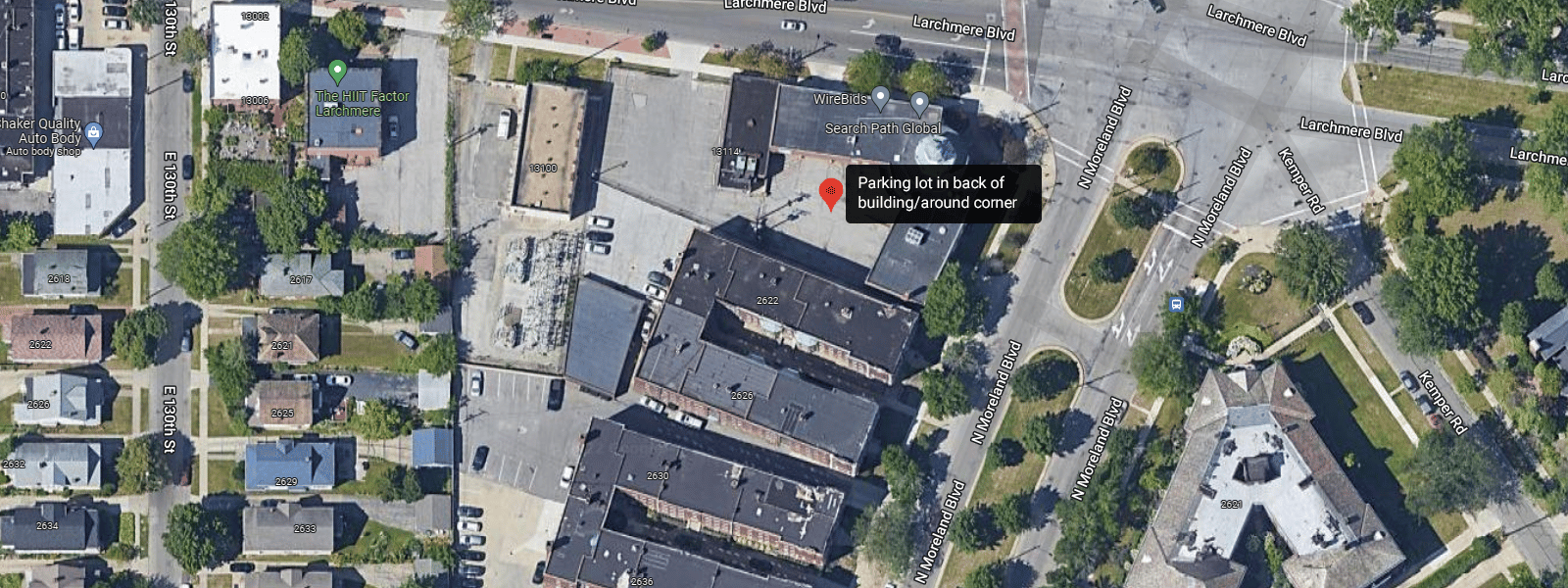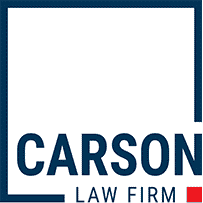
A Quiet Title in Ohio is a lawsuit filed by the rightful owner of the property asking for the court to determine the true owners of the property and clear out any problems with the title to the property.
Sometimes a title company will tell an owner that they need to find a lawyer to bring a Quiet Title Action to fix a title problem or defect, or an invalid mortgage or lien. This is something Carson Law Firm can do.
The purpose of a Quiet Title Action
A Quiet Title Action can be used for a number of reasons, just a few of which are listed below:
- To clarify ownership of the property
- To declare an improperly written deed invalid
- To strip an old paid-off mortgage from the property
- To end a boundary line dispute
- To establish or remove an easement or right to access property
- To resolve a break in the chain of title to a property
The process of a Quiet Title Action
In Ohio, a quiet title action is brought just like a regular lawsuit in the court of common pleas. The plaintiff or petitioner is required to obtain a Preliminary Judicial Report from a title company which will show all of the owners and lienholders with an interest in the property.
Once all the parties are served with the complaint, they will have an opportunity to defend their interest in the property. The plaintiff will then present their case as to who should be declared the owner of the property and whose interest should be removed from the property. After the hearing, the court will produce a judgment that can be recorded in the recorder’s office which lists the owners of the property and all of the valid liens or mortgages against the property.
Can I remove a mortgage from the property using a quiet title action?
The appropriate method for removing a mortgage that the lender will not voluntarily release is a quiet title action. However, there are caveats for the unwary.
It is important to recognize that all courts do not automatically give the plaintiff what they want if the defendants do not respond — many times, they will require that the plaintiff present some evidence that supports their claim. For example, a plaintiff may not automatically have a mortgage removed from the property just because the lender does not respond to the complaint — they may have to produce some evidence that the mortgage has been paid, or is invalid, or the lender is out of business. The court often sees itself as a defender of everyone’s rights, and will probably not allow an otherwise valid mortgage to be removed from a property just because the lender didn’t respond to the complaint.
How long does a quiet title action take?
Depending on the county of filing, a quiet title action could take a minimum of 90 days and an average period of 6-12 months. If any defendants wish to defend their title to the property, the court case can take much longer depending on the circumstances.
How much does a quiet title action cost?
An uncontested quiet title action costs around $5,000 with court costs and fees. Once contested, it is not possible to predict the cost of litigation as it is entirely dependent on how vigorous of a defense the defendants wish to put on. In many cases, a disputed quiet title action will settle before trial by agreement of the parties.
Do I need an attorney?
An attorney is highly recommended for individuals and required by law for entities like corporations and LLCs. Litigation, especially real estate litigation, is complex and requires specific procedures to be followed before the court will give you what you want. Book a Consultation or call us at 216-352-4243 today with our attorneys to see if you have a case.

